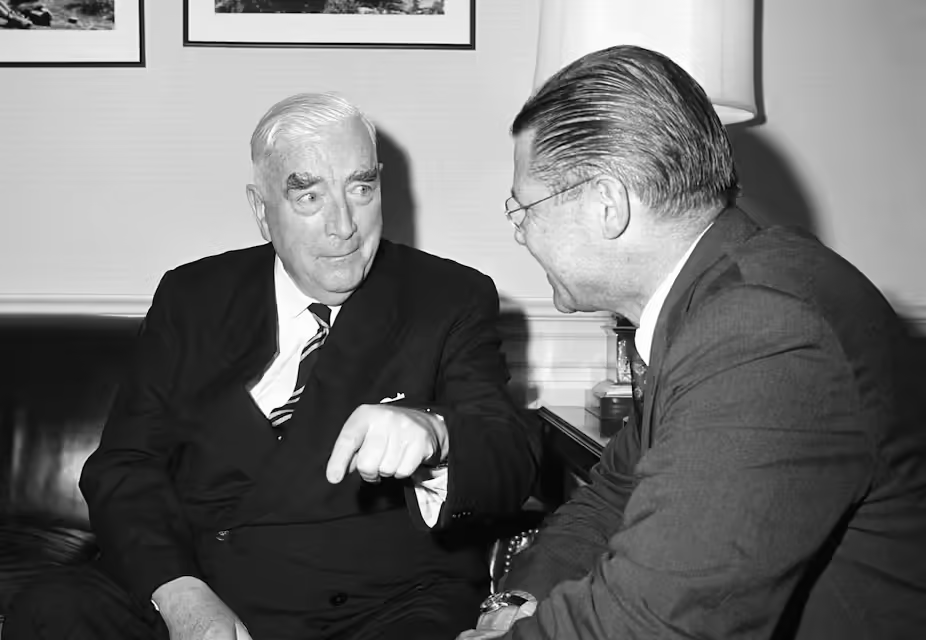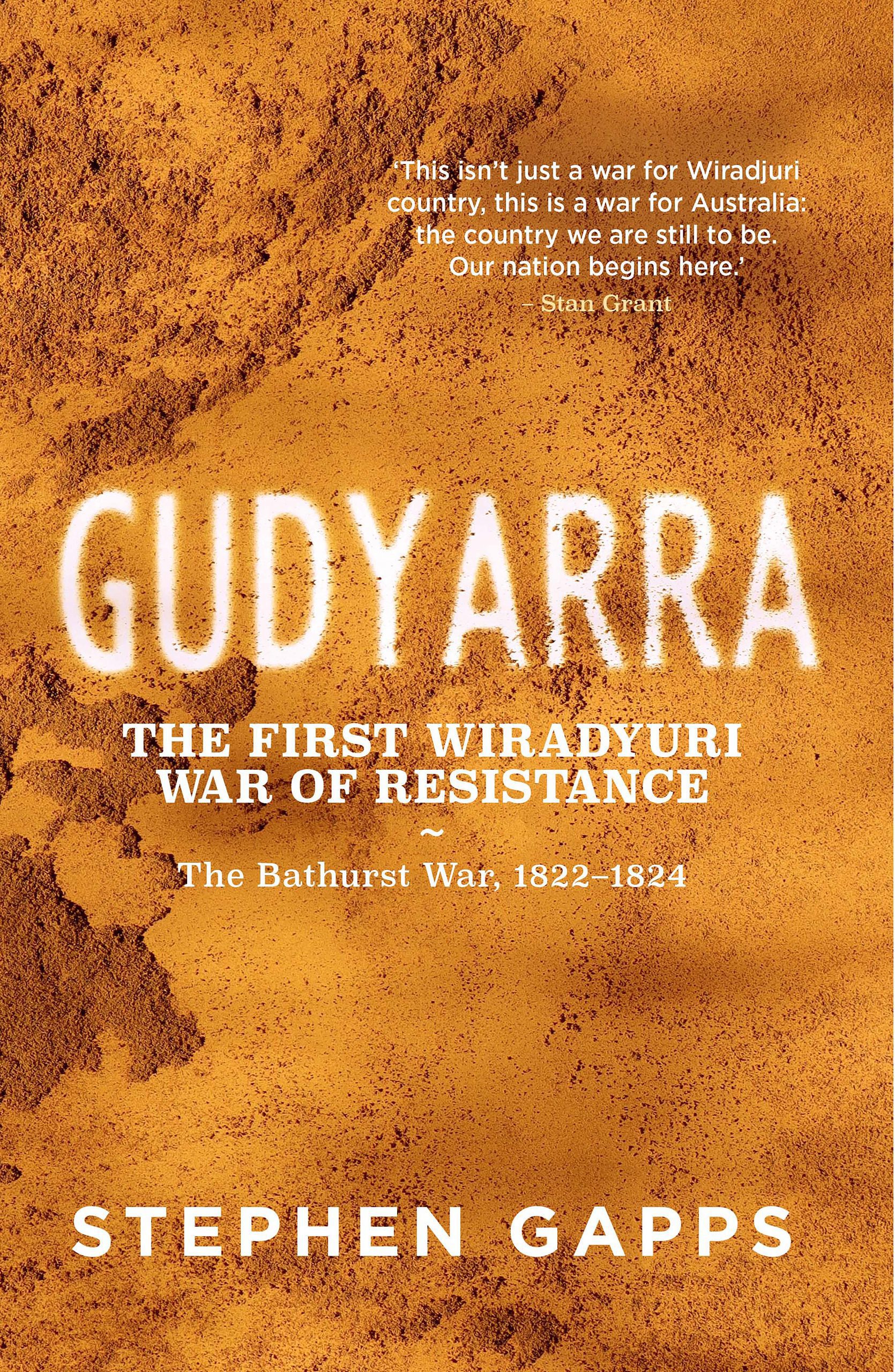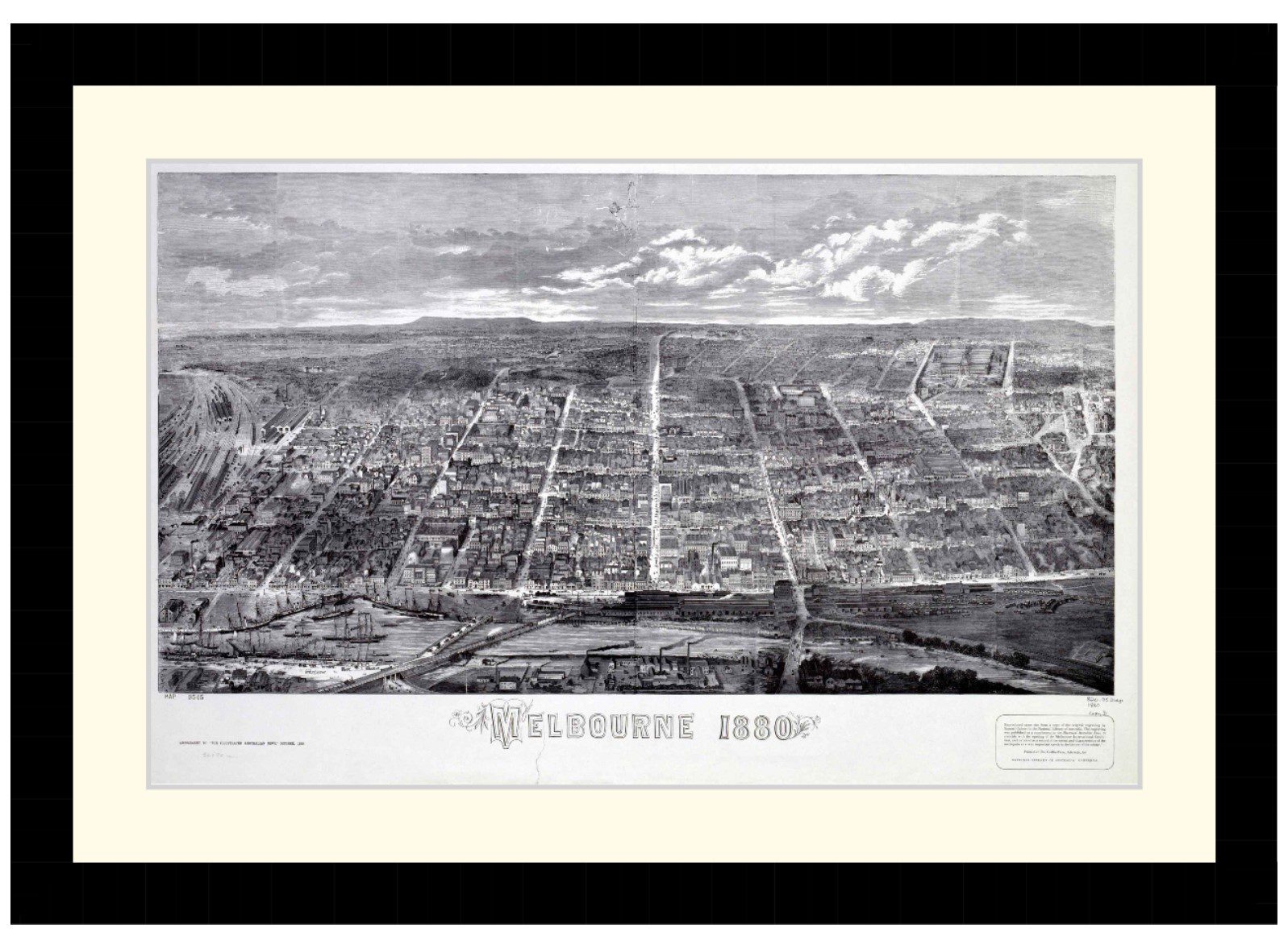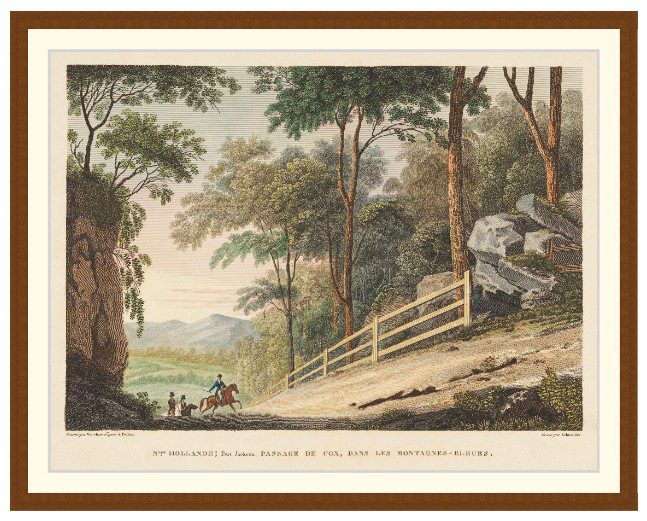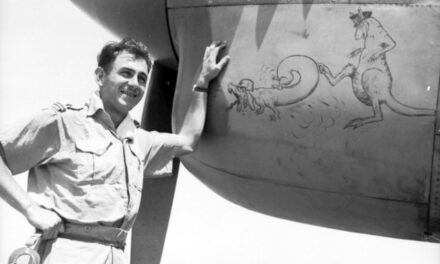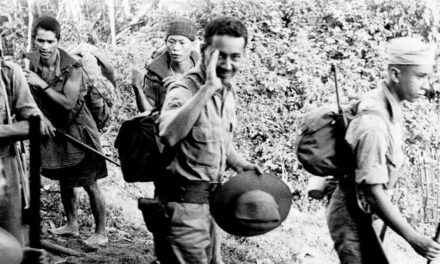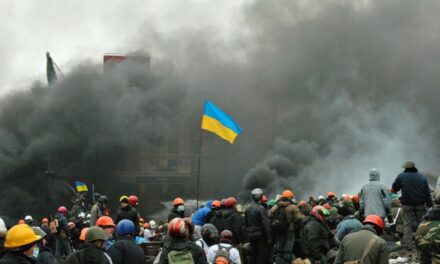Reading time: 4 minutes
In 1956 Robert Menzies’ offered a Australian battalion to the South Vietnamese government. Prior to the prime minister’s offer, Australia’s commitment to the Vietnamese conflict had been limited to fewer than 100 advisers. Menzies’ pledge significantly increased Australia’s involvement in the Vietnam War.
By Nicholas Ferns, Monash University
What reasons were given for joining the war?
The circumstances of this offer are shrouded in controversy.
In 1965, Australia was involved in two crises in Southeast Asia, one in Vietnam and the other in Indonesia. The connection between the two was vital to Menzies’ decision to increase our involvement in Vietnam.
Having already committed a battalion to Malaysia to support resistance to the Konfrontasi policy of Indonesia’s Sukarno government, the logical next step for Menzies was to look to Vietnam. He did this with the support of his Cold War warrior and minister for external affairs, Paul Hasluck. They decided to send an Australian battalion to South Vietnam, partly to ensure continued American interest in the region.
A series of negotiations took place between Australian, American and Vietnamese representatives to secure acceptance of the Australian troops. The South Vietnamese government and the American ambassador in Saigon, Maxwell Taylor, were initially reluctant to receive more foreign troops. It seemed that the necessary South Vietnamese invitation wasn’t going to be forthcoming.
Fortunately for Menzies, the South Vietnamese government was persuaded to accept the Australian offer. A formal request was given just before Menzies made his speech in Parliament.
By this time it was late evening on Thursday, April 29. The Labor opposition leader, Arthur Calwell, and his deputy, Gough Whitlam, had already left Canberra for their home electorates. As many members of both sides had departed Canberra, Menzies made his announcement to a near-empty House of Representatives.
The reasons given to the Australian public were equally controversial.
In an oft-quoted part of his speech, Menzies claimed:
The takeover of South Vietnam would be a direct military threat to Australia and all the countries of South and South-East Asia. It must be seen as a part of a thrust by Communist China between the Indian and Pacific Oceans.
Seeking US protection from threats in Asia
The spectre of the mythical yellow hordes had been a constant theme in Australian history and has been used to instil xenophobia and need for a great and powerful protector. In Menzies’ case, it masked the true reasons for the offer: Australia’s fear of Sukarno’s Indonesia and the need for American security.
Around 100 Australian troops were already in Vietnam at the time of Menzies’ announcement. They were generally support and training troops, comprising the Australian Army Training Team Vietnam (AATTV). Within months Australian troop numbers had jumped to over 1000 and would peak at almost 7000 by 1969.
The Menzies government’s announcement threw Australian troops into a military “quagmire” of Washington’s making.
The dangers of forgetting
Though the troops’ commitment to the war is rightfully commemorated each Anzac Day, the circumstances surrounding Australia’s commitment of troops to Vietnam has been forgotten.
This collective forgetfulness is particularly relevant this year. In the current “much ado” about Gallipoli 100 years on, arguably a more significant anniversary has been forgotten. After Vietnam, Australian governments of both persuasions realised it was in the nation’s interest to engage with our “near north”.
After Vietnam, there would be no more racially based legislation and governments began to engage with the region, whether the ruling regime was communist or not. Governments still managed to send troops into more recent Washington quagmires, but the numbers are much smaller than the Vietnam commitment.
Menzies’ decision is the forgotten skeleton in the nation’s closet. This forgetfulness suggests a great deal not only about the current national “besottedness” with Gallipoli, but also concerning our collective unwillingness to confront less honourable aspects of our diplomatic and military history. With some notable exceptions, the nation’s populist commentators and the war pathos industry have used Gallipoli as a vehicle for national self-aggrandisement, despite the efforts of some academic historians to push for a more considered approach.
This country has a short attention span when it comes to its history. Well may we say lest we forget on Anzac Day. Those who served deserve that honour.
But perhaps today we should take time out from the Anzac media romp and begin to remember another, more ignominious moment in our recent history and the part played by Sir Robert Menzies. Lest we forget the lessons of the Vietnam War.
This article was originally published by The Conversation.
Robert Menzies and Australian involvement in Vietnam
Articles you may also like
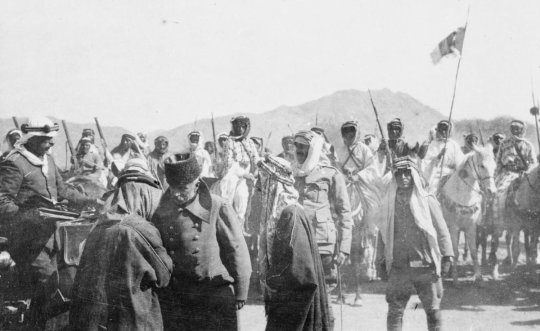
The First World War continues: Medina, Arabia, January 1919
Reading time: 6 minutes
or many in the West, the First World War in the Middle East was a sideshow to the Western Front. The story of the wartime siege of Medina is even less well-known. But in the region it is still debated and contested, for example in December 2017 when the Foreign Minister of the United Arab Emirates accused Fakhri Pasha of stealing items from Medina, which earned a strong rebuke from the President of Turkey. The First World War in the Middle East had a profound effect on the region, with consequences to this day.
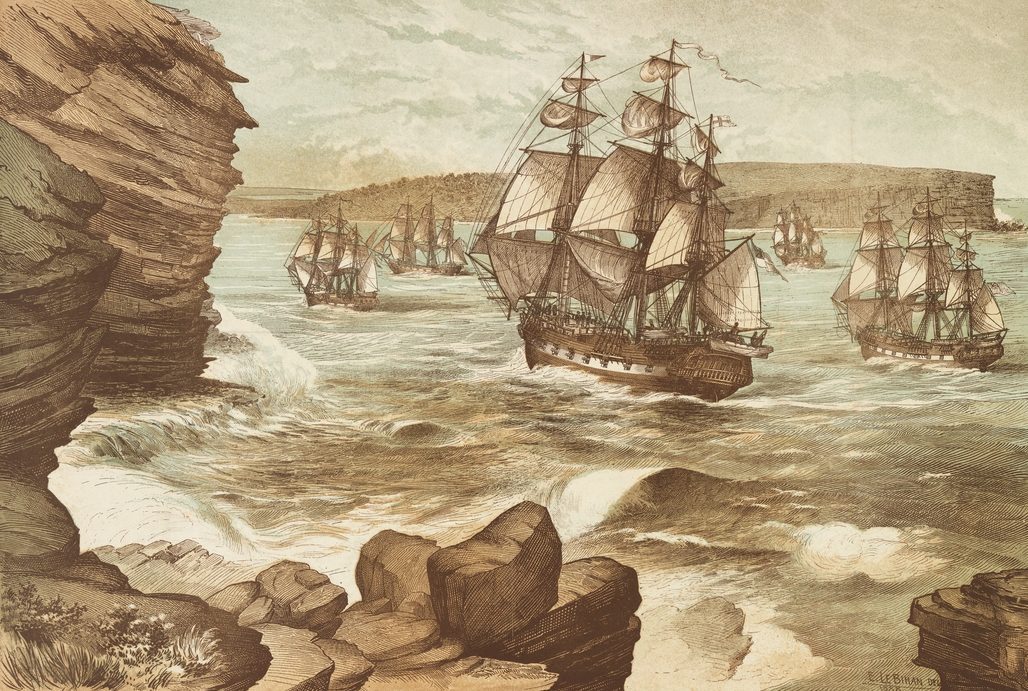
General History Quiz 167
1. When did the transportation of convicts to Australia end?
Try the full 10 question quiz.
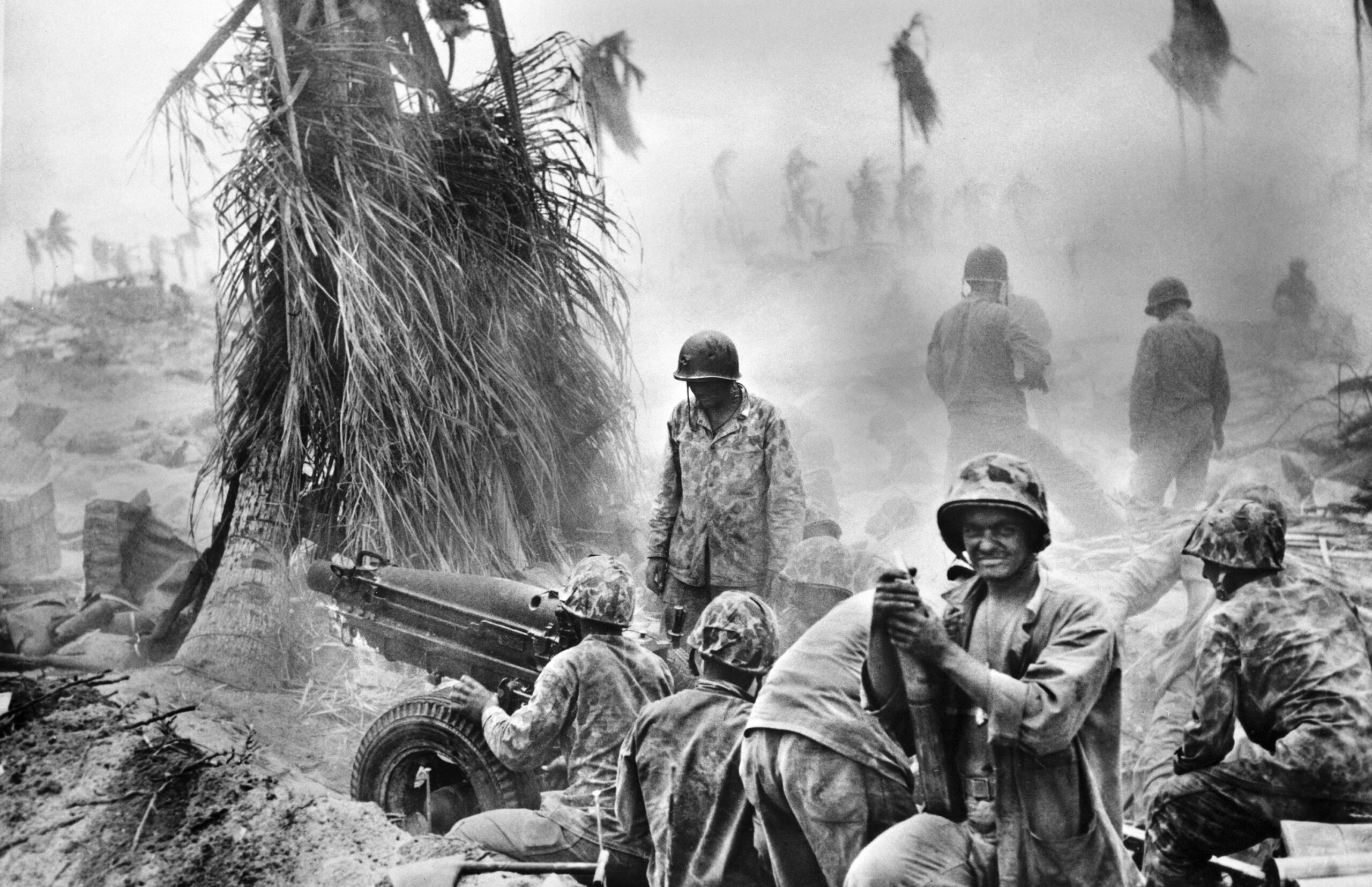
Across the Reef: The Marine Assault of Tarawa – AUDIOBOOK
ACROSS THE REEF: THE MARINE ASSAULT OF TARAWA – AUDIOBOOK By Joseph H. Alexander (1938 – 2014) “Tarawa Atoll is 2085 miles southwest of Pearl Harbor and 540 miles southeast of Kwajalein in the Marshalls. Betio is the principal island in the atoll. The Japanese seized Tarawa from the British within the first three days after […]
The text of this article is republished from The Conversation in accordance with their republishing policy and is licenced under a Creative Commons — Attribution/No derivatives license.

